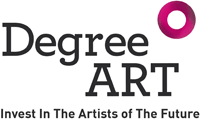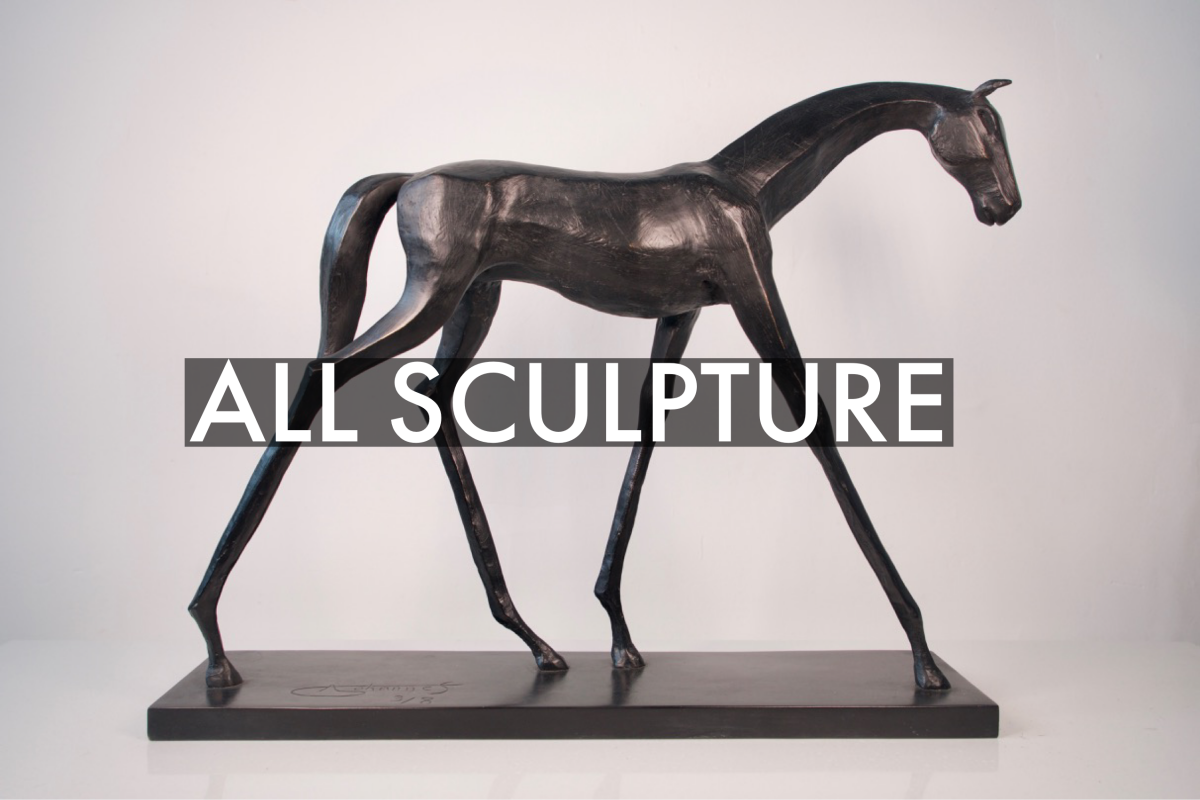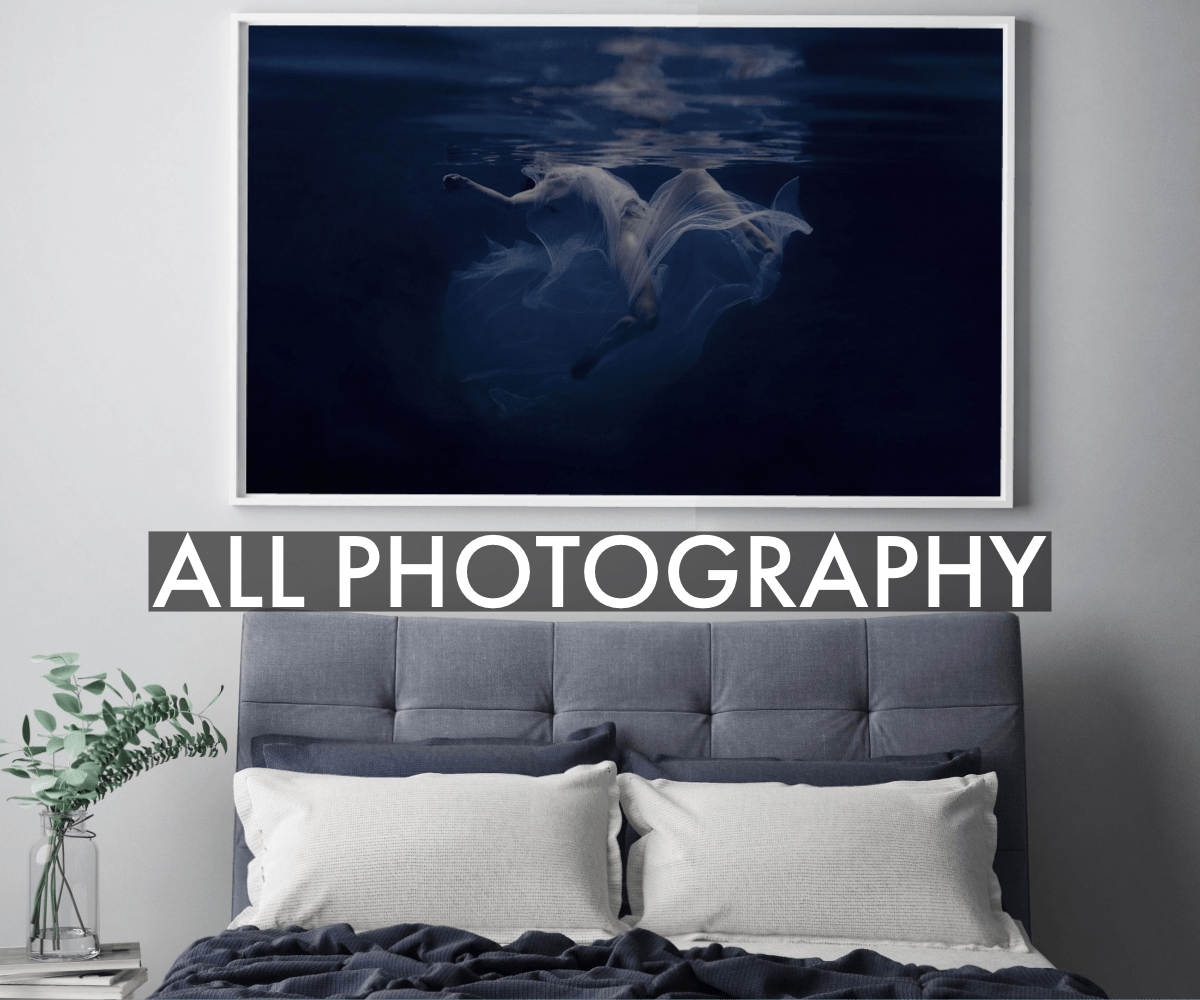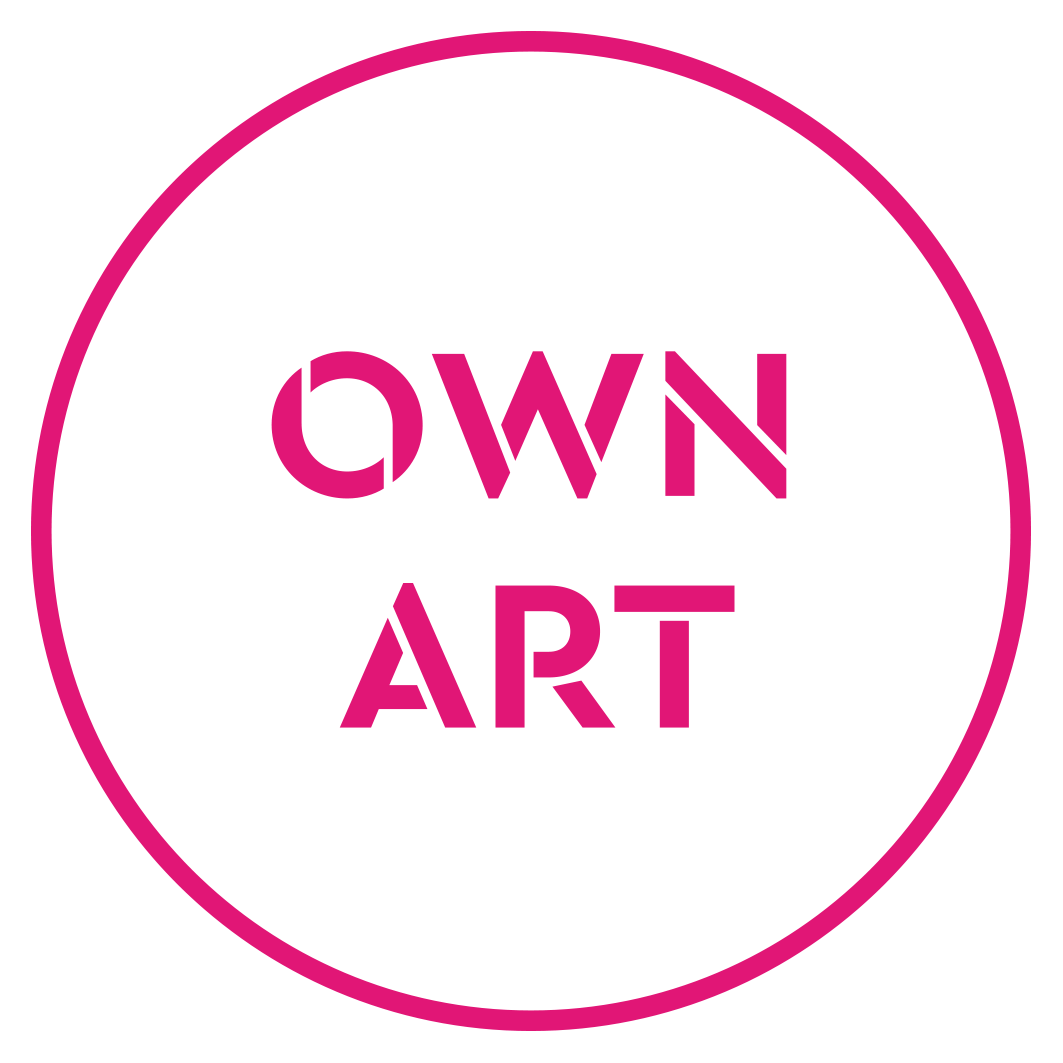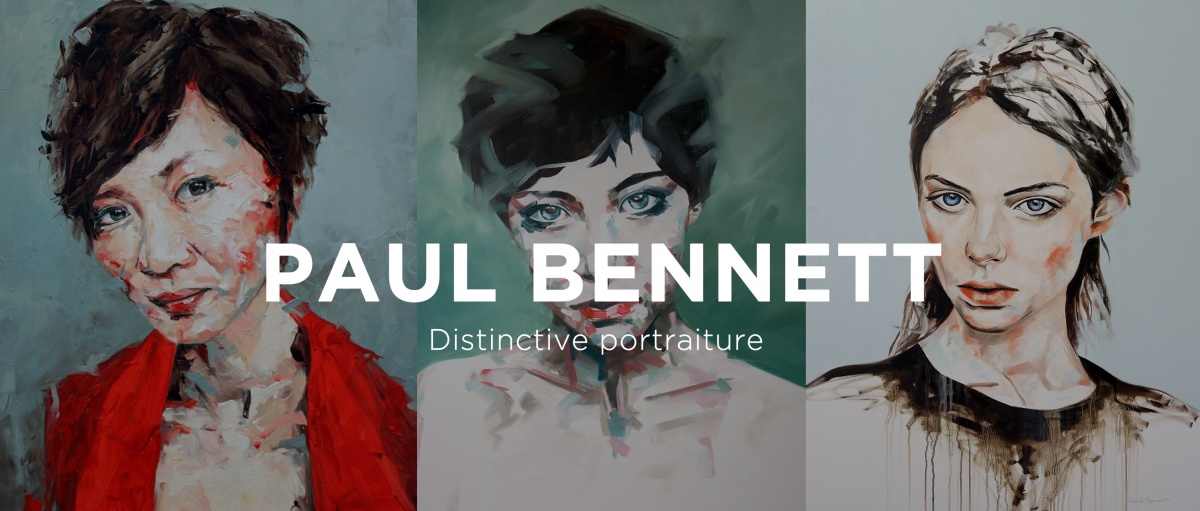
1) Which art movement do you consider most influential on your practice?
None, to be honest. However, I looked to Turner and Rothko in regards to my semi- abstract seascape/landscape paintings. Jenny Saville, Frank Auerbach was also influential when I was at art school.
2) Where do you go and when to make your best art?
I'm always in the studio when working. I never reference real life, but absorb it, so I can then reflect on it later. My seascape/landscape work is based all on memory. I'm lucky that my studio is next to the Lake District National Park and that I live on the side of a fell, with great views. I've also had the opportunity to be involved with a couple of residencies; one in Shenzen, China and the other in Kyoto, Japan. It's great to take yourself out of the everyday routine and have new experiences and surroundings influence the work. I always work best in the mornings.
3) How do you describe your 'creative process'?
My process is about getting it done. I work continually, and the last painting, more often than not, dictates the next. I'm not one to sit around, waiting to get inspired. I just do and then see what happens. It gives me a kind of freedom. The work is built up in layers and most of the time I don't know precisely where I'm being led. It's only in the final stages that the painting comes together. At times, this can be frustrating. It can seem like you're not getting anywhere, but then it all falls into place. I worked in a few different roles before I became a professional artist and I try to incorporate the same work ethic as if it were any other job.
4) Which artist, living or deceased, is the greatest inspiration to you?
Me. I inspire me. I don't look at other works, as I want to generate work that is authentic to me. I have to inspire myself.
5) If you weren't an artist, what would you do?
I'd travel a bit, with my family and take up writing. Writing would be something I'd have to learn properly, but I've always wanted to do it. Never had the time, though. I have great ideas, but no finesse. When I did write a few short stories, back at art school, a tutor told me that it was anti-literature. I'm not sure if it was a compliment or not, but he enjoyed the read.
6) What do you listen to for inspiration?
I'm not sure that music has any direct influence on my work, but sometimes it can get me motivated. I always have music playing in the studio and it's mostly old skool hip hop, drum and bass, jazz and electronic. Lately, I have been having a bit of a techno thing going on. It was something I had never really listened to, so it's been great discovering it. I'll also have Radio 4 to see what's going on in the world, but the BBC has disappointed me lately.
7) If you could own one artwork, and money was no object, which piece would you acquire?
It would be Frank Auerbach's drawing - Self-Portrait 1958. Frank Auerbach's drawings were the first pieces of art that actually moved me.
8) If your dream museum or collection owner came calling, which would it be?
I love the Tate. When I worked in St. Paul's, in London, I used to cross the Thames and visit Tate Modern a few times a week. The dimly lit room, with the Rothko's, was my church. I also love Tate Britain. It has a completely different feel to it. They've done a great job at making art accessible.
9) What is your key piece of advice for artists embarking on a fine art or creative degree today?
Spend time in the student bar and 50% of the tutors are full of shit. The other 50% will be an asset. Enjoy it.
10) What is your favourite book of all time (fiction or non-fiction)?
Fiction - The Sun newspaper (only kidding) - Acid House, by Irvine Welsh
Non-Fiction - The Essential Wok Cookbook - There's some good cooking be had in there.
11) What was the biggest lesson your university course or time studying taught you?
I learned more at my part-time B-Tec Course, in Art and Design than at Art School. I think the best lesson was to embrace the unexpected and that writing pages of bollocks about dead artists are not going to make you a good artist, just good at dinner parties.
13) And finally, if we were to fast forward 10 years, where would we find you?
Hopefully in a bar someplace in the Pacific, taking a break after a day's painting.
